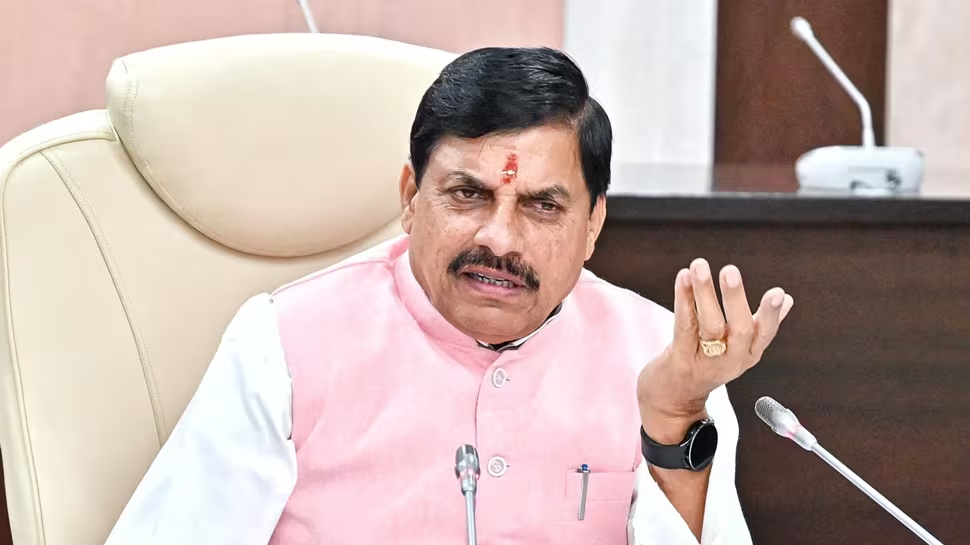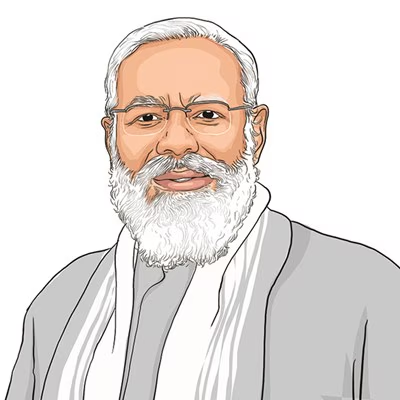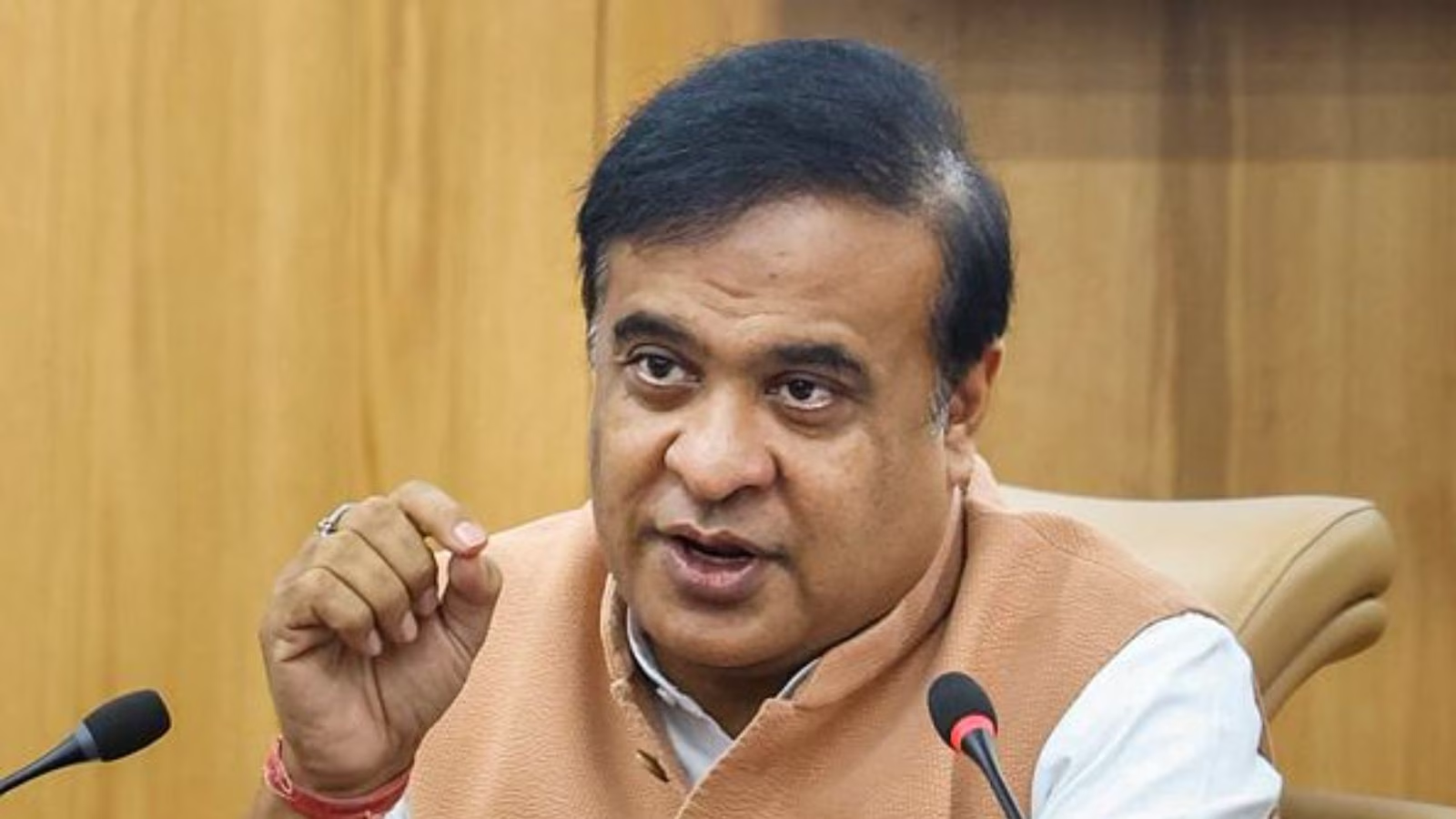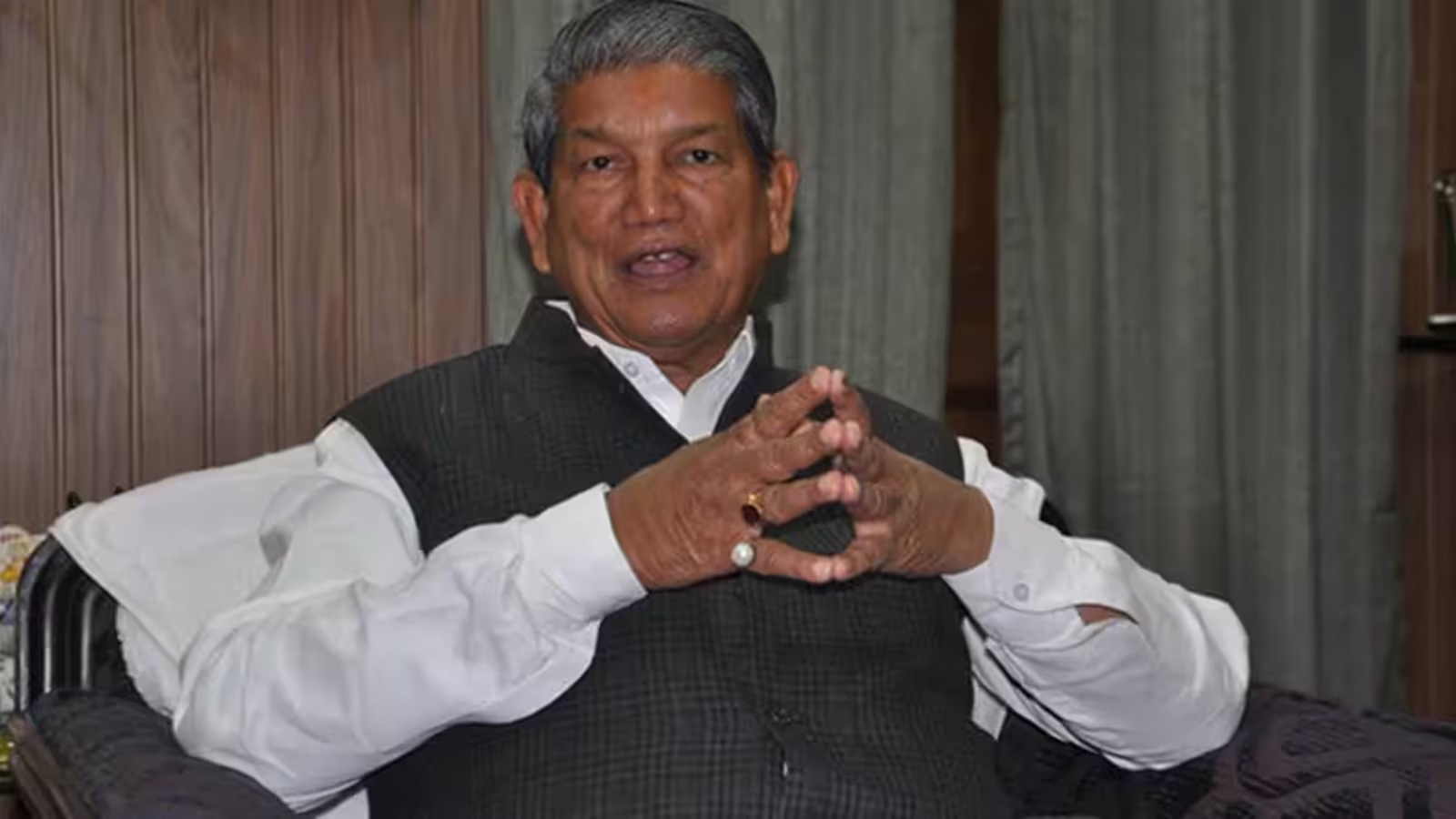Politics
An Overview of the UPSC Issue | SCO Summit 2025 and India: Four Crucial Questions for Prelims and Mains
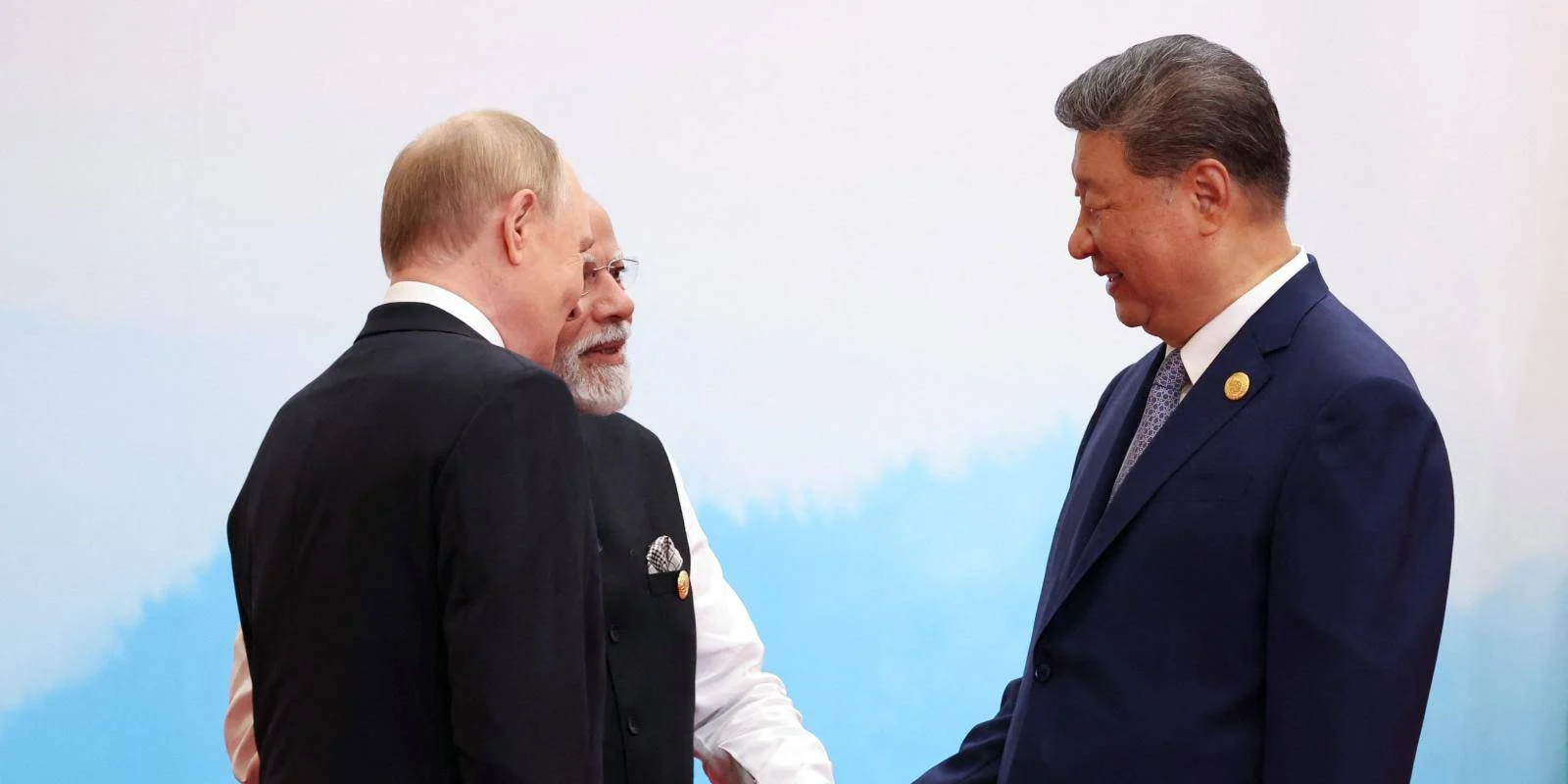

By Kajal Sharma - 05 Sep 2025 08:48 PM
By scheduling two significant events in one week—the Shanghai Cooperation Organization (SCO) Summit in the northeastern city of Tianjin and a Victory Day parade in Beijing's Tiananmen Square commemorating the 80th anniversary of the end of World War II—Beijing has entered diplomatic high season as summer draws to a close. It's difficult to overlook the symbolism. The events convey a clear message: in contrast to the Western narrative of a free international order led by the United States, China is positioning itself as the standard-bearer of a multipolar world dominated by the Global South.Both occasions are expertly produced political plays that combine military prowess, diplomatic posture, and historical narrative. Additionally, China has two audiences in mind: it wants to project power and influence in its neighborhood and beyond while simultaneously boosting domestic public morale.
For a long time, Chinese strategists have emphasized that the goal of foreign policy is to establish an external environment that supports economic growth at home. Originating with previous Chinese leader Deng Xiaoping, this core idea has evolved into the current leadership's catchphrase for negotiating a turbulent global landscape.The two events' participating nations attest to China's continued strategic emphasis on Asia. The majority of major Asian nations are represented among the more than 30 heads of state and international organizations taking part, with the notable exception of Japan, South Korea, Singapore, and the Philippines—all of whom are strong security partners of the United States.



